LEARN MORTGAGE
Refinancing your mortgage basically means that you are trading in your old mortgage for a new one, and possibly a new balance.
When you refinance your mortgage, your bank or lender pays off your old mortgage with the new one; this is the reason for the term refinancing.
Most borrowers choose to refinance so they can lower their interest and shorten their payment term, or take advantage of turning some of the equity they have earned on their home into cash.
There are two main types of refinancing: rate and term refinance and cash-out refinance.
Rate and Term Refinance
In a rate and term refinance, you would typically be getting a new mortgage with a smaller interest rate, as well as possibly a shorter payment term (30 years changed to 15-year term).
With the recent record-low interest rates, refinancing your 30-year mortgage into a 15-year mortgage may end up getting you similar monthly payments as your original loan. This is because of the lower amount of interest you would be paying on your new mortgage, even though 15-year mortgage payments are usually higher than the 30-year loans.
The Truth about Mortgage states that it’s important to be sure you find your break-even point before deciding to refinance your current mortgage rate. This is essentially when the refinancing costs are “recouped” via the lower monthly mortgage payment.
Cash-Out Refinance
In a cash-out refinance, you can refinance up to 80 percent of the current value of your home for cash. Thus, why it is called cash-out refinance. So, say your home is valued at $100,000 and you owe $60,000 on your loan. Your bank or lender can give you, as a qualified borrower, $20,000 in cash-out, making your new mortgage be $80,000.
In a cash-out refinance you are not always saving money by refinancing, but instead getting a form of a lower-interest loan on some needed cash. Reasons for taking a cash-out refinance could be that you may want to dig a new pool for your backyard retreat or go on your dream vacation.
Be aware, with taking a cash-out mortgage there is an increase in the amount of your lien. This could mean larger and/or longer-term payments. Remember that this is not free money and that you must pay it back to your lender.
Deciding to refinance your mortgage is not something to be taken lightly. Consider the cost of the refinance versus the savings in return. Talk to a financial planner if you are worried about whether or not to refinance, along with other options available to you.
